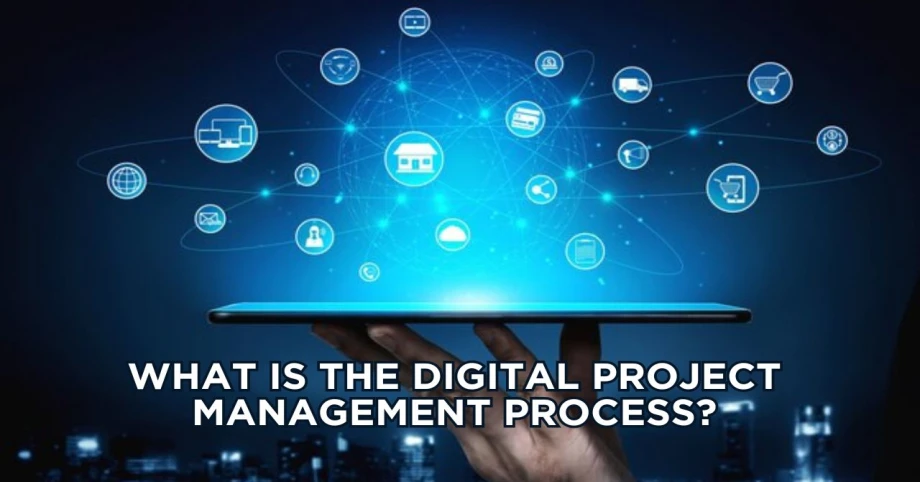
Industry: General
Service Type: Others

In the rapidly evolving landscape of project management, the integration of digital technology has become a cornerstone for success. The digital project management process is a structured framework that guides teams through the initiation, planning, execution, monitoring, controlling, and closing phases of a project. In this article, we unravel the intricacies of the digital project management process, exploring its key components, challenges, best practices, and the evolving role of technology.
Digital project management, leveraging advanced tools and technologies, has revolutionized the way teams plan, execute, and deliver projects. The digital era brings forth a structured process that not only enhances efficiency but also ensures adaptability in the face of evolving project requirements.
The journey begins with project initiation, where the project's definition, objectives, and stakeholders are identified. This phase involves risk assessment, initial planning, and the development of a project charter—a foundational document that sets the tone for the entire project.
Detailed planning follows initiation, involving the definition of project scope, creation of a work breakdown structure (WBS), resource allocation, team formation, development of project schedules, budgeting, and refining the risk management plan. This phase creates a comprehensive roadmap, providing clarity and structure for the upcoming tasks.
With the groundwork laid, the execution phase comes into play. This involves team mobilization, task assignment, implementation of workflows, continuous communication, monitoring progress, issue resolution, and quality assurance. The execution phase is characterized by active collaboration and the translation of plans into tangible actions.
Throughout the project's lifecycle, monitoring and controlling are critical. This involves real-time progress tracking, the establishment of performance metrics and key performance indicators (KPIs), change management, issue and risk management, team performance evaluation, and ongoing communication with clients or stakeholders. This phase ensures that the project stays on course and adapts to changes effectively.
The closing phase marks the culmination of the project. It involves project completion, deliverable review, client approval and acceptance, transition planning (if applicable), documentation, knowledge transfer, and a post-implementation review. Closing a project is not only about delivering results but also about capturing lessons learned for continuous improvement.
Digital project management is facilitated by an array of tools and technologies. Project management software, collaboration platforms, and the integration of automation and artificial intelligence streamline processes, enhance communication, and provide valuable insights for decision-making.
Despite the advantages, challenges exist in digital project management, such as integration issues, data security concerns, and the need for continuous adaptation. Best practices, including effective communication, proactive risk management, and stakeholder engagement, are crucial for overcoming these challenges and ensuring project success.
Real-world case studies provide insights into successful implementations of the digital project management process. Learning from both successes and failures is invaluable for teams embarking on their digital project management journey.
As we navigate the digital era, the digital project management process stands as a beacon guiding teams toward success. By embracing digital technology, organizations unlock new levels of efficiency, collaboration, and adaptability, ensuring that projects are not only delivered but are also positioned for continuous improvement in the ever-evolving business landscape. The structured framework of the digital project management process serves as a roadmap, empowering teams to navigate complexities and achieve project success in the digital age.
Comments